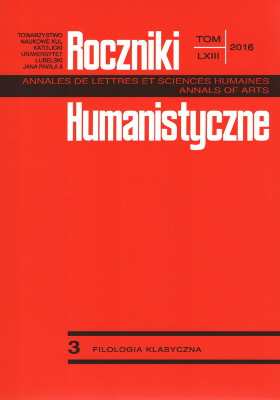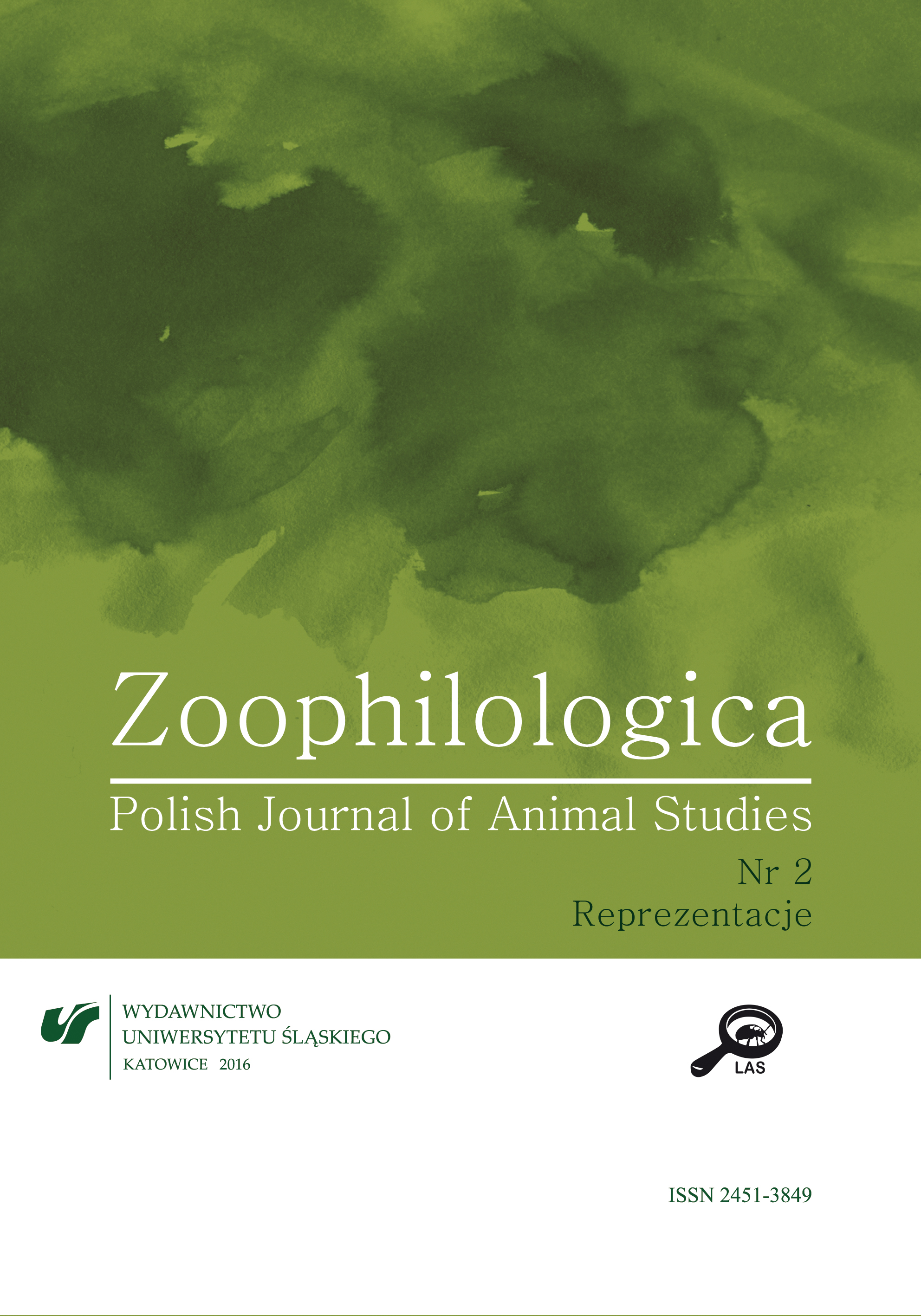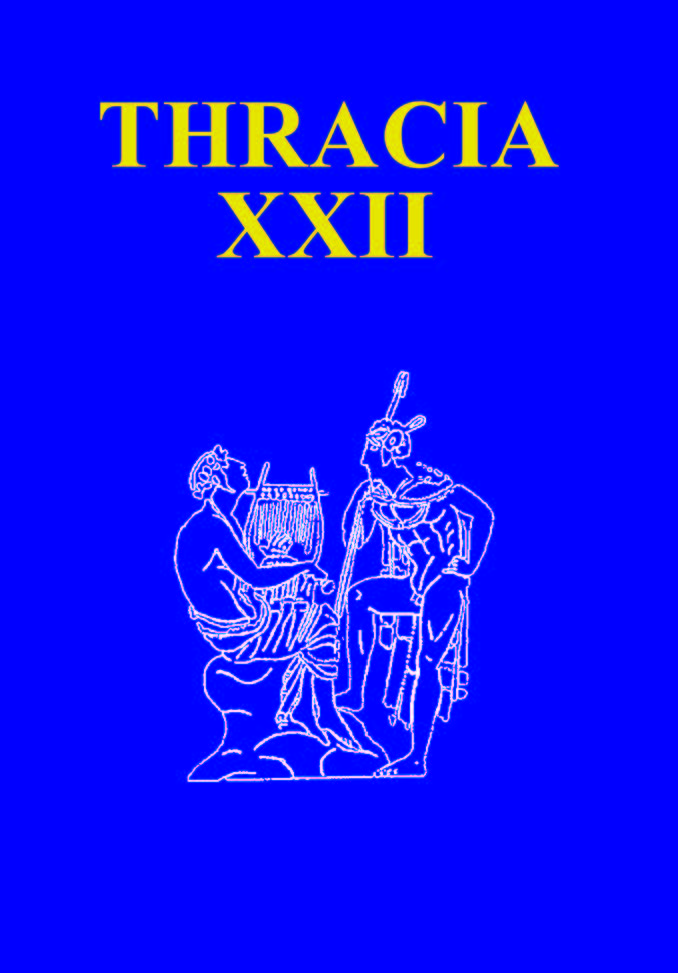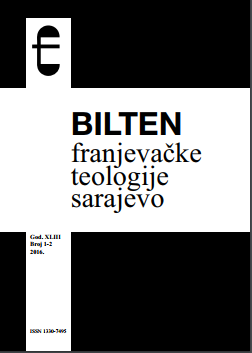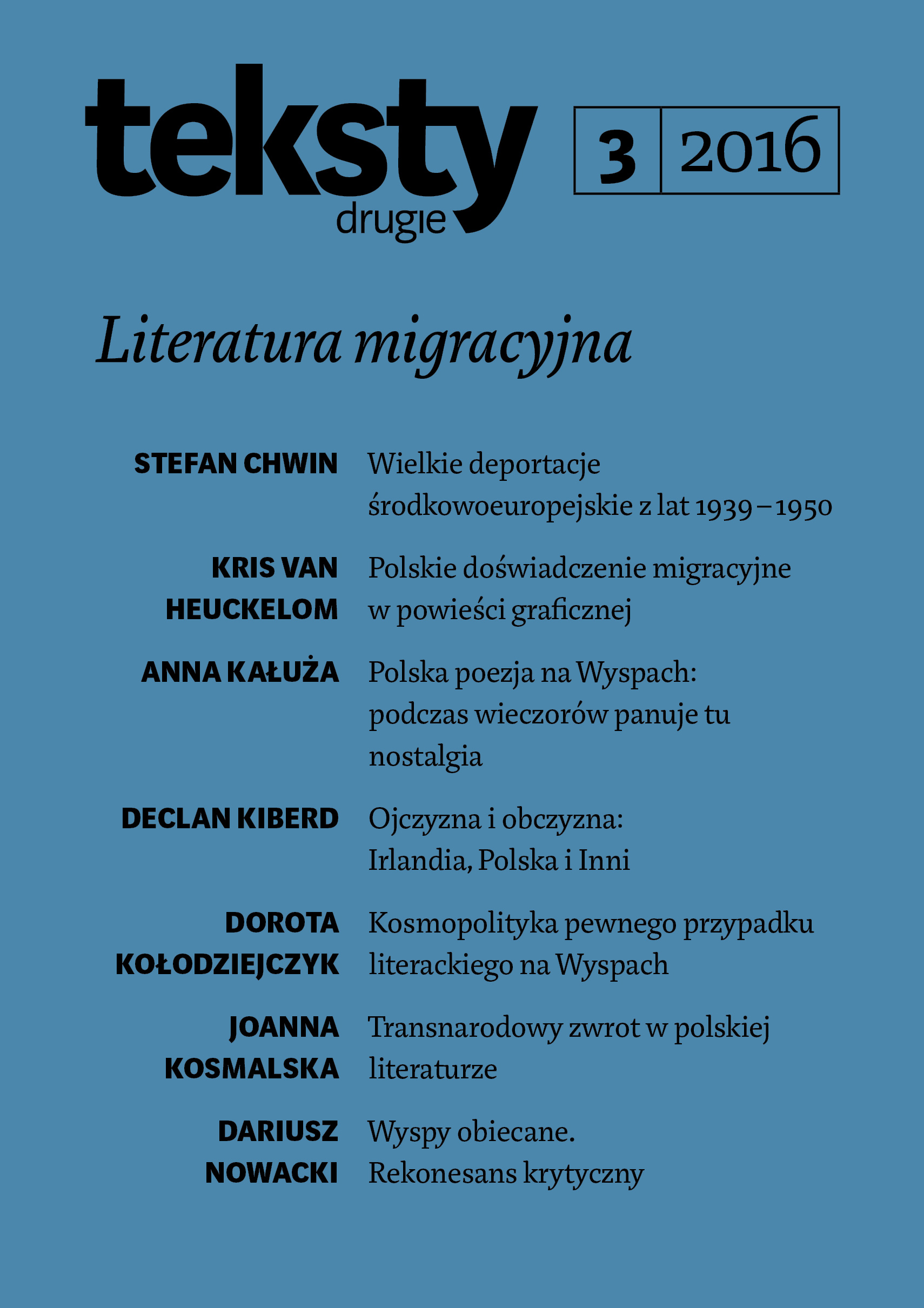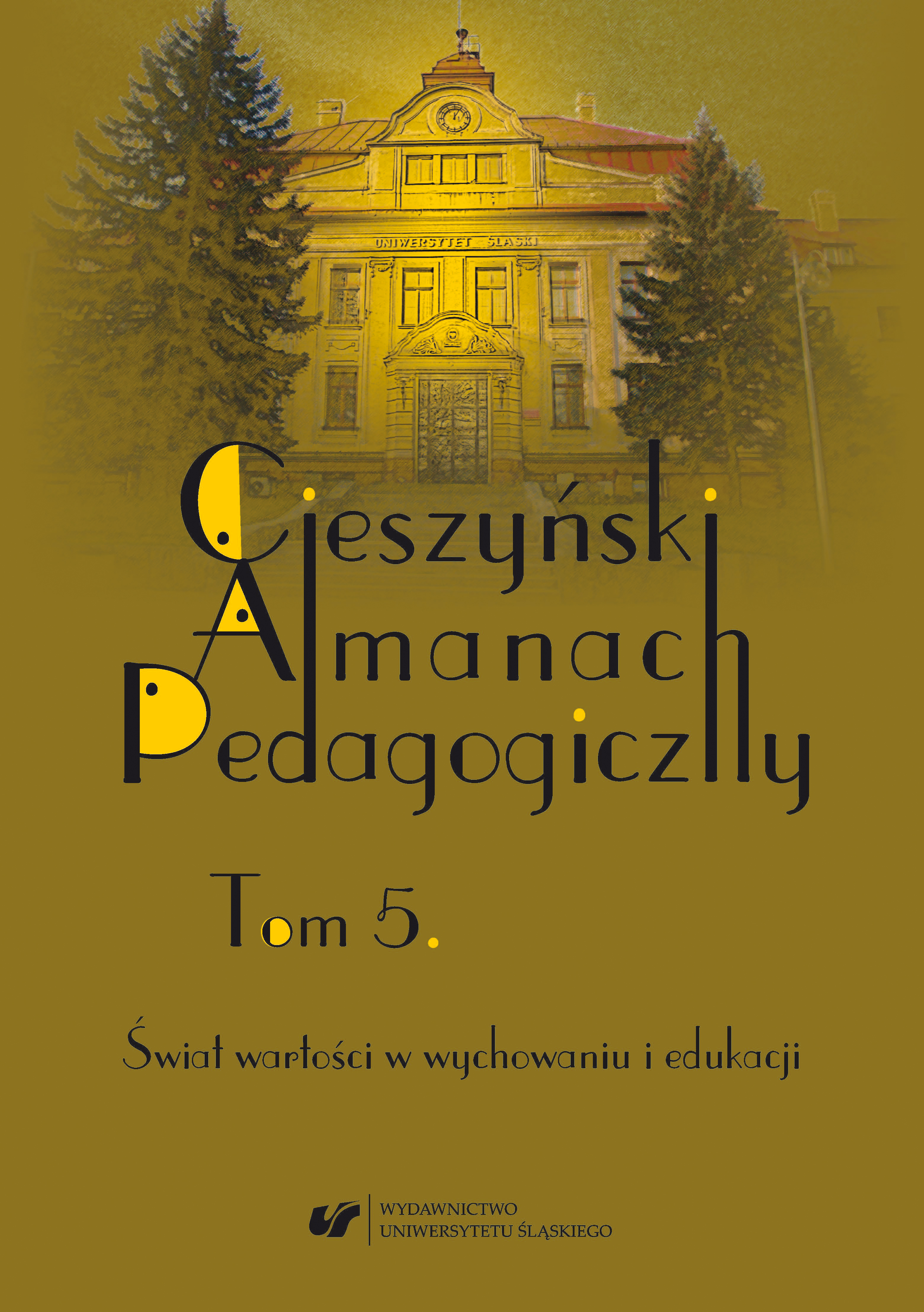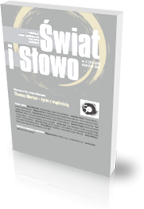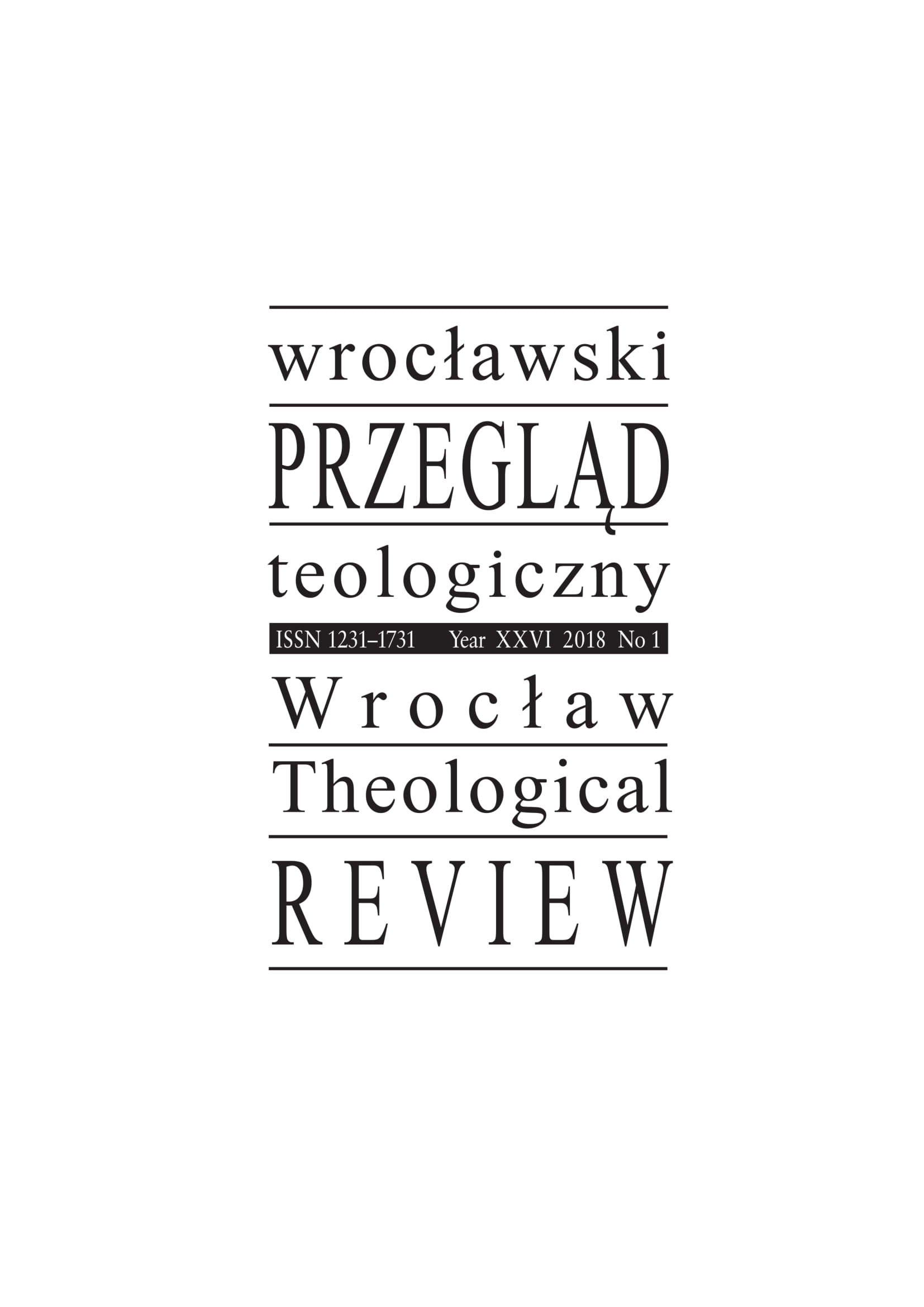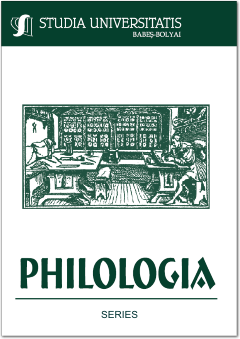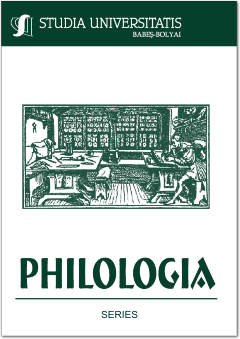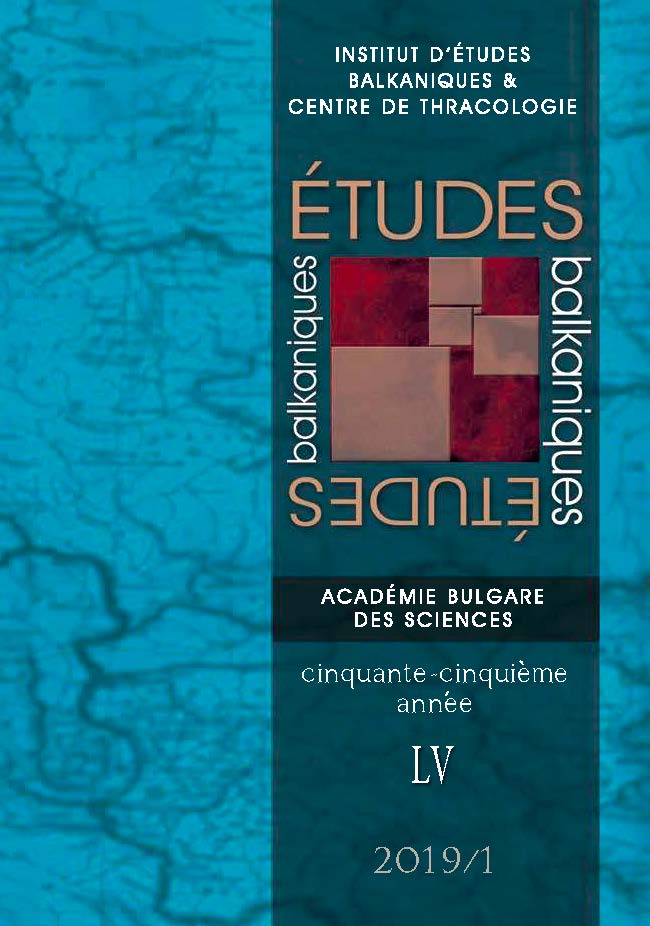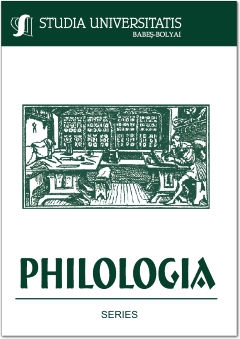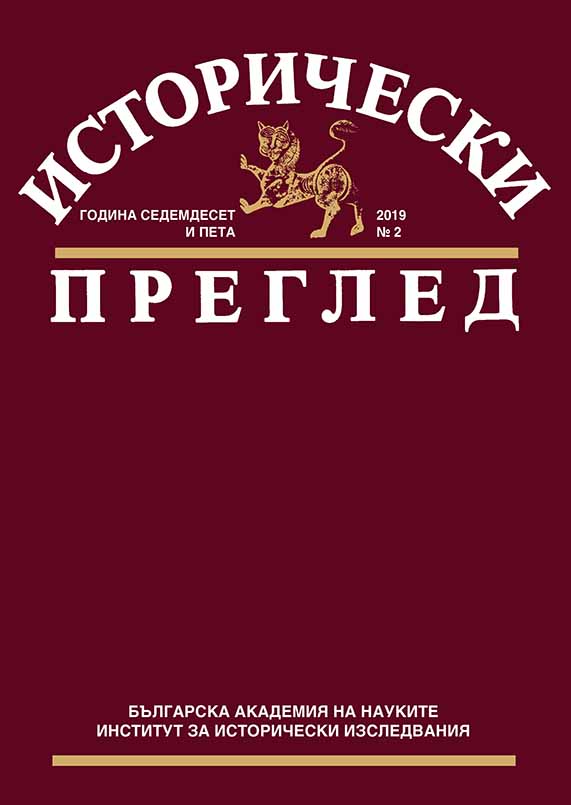Отражение процесса пополнения российской интеллигенции в серии «Народные мемуары»
From the positions of intelligentsia studies the article analyses Grigory Mikhaylovich Salo's work «Accounts department of life: memoirs» (2015), published by Omsk State University of F. M. Dostoyevsky and the Perm State Humanitarian and Pedagogical University as continuation of the «National Memoirs» series. The process of the Russian intelligentsia replenishment by common people is shown on the example of the biography of the author of memoirs.
More...
